The reasoning behind why Zach Wilson will be the New York Jets starting quarterback in 2021 is plentiful and worthwhile.
So, you’re telling everybody why Sam Darnold should be the New York Jets quarterback. You’re on the Darnold train, thinking about using your fist as a convincer for those frustrating folks who simply do not understand your plight.
So, you’re telling everybody why Deshaun Watson should be the Jets quarterback. The moment the disgruntled Watson news hit last month, you, the hardened Jets fan who understands just how critical the position is in today’s game, is spreading the star quarterback gospel. Not even four first-round picks could deter your pro-Watson feelings.
Either of these cases brings a familiar feeling, especially if you’re fighting and clawing your way around Jets social media circles.
Frustration. No matter how hard you try, you simply cannot get others to go along with your brilliant line of thinking.
So, are you ready to feel that maddening frustration yet again? Throw on the earmuffs if your Darnold or Watson feelings can’t take any more disappointment. BYU’s Zach Wilson needs to be viewed as the odds-on favorite to start at quarterback for the franchise in 2021. (Throw Justin Fields in there as well if that’s your No. 2 quarterback in the draft.)
Understanding Joe Douglas
Projecting the Jets 2021 quarterback requires a working understanding of who Joe Douglas is as an NFL general manager and the road that took him to this point in time.
Douglas, a man who started as “The Turk” with the Baltimore Ravens in 2000, learned from one of the best in Ozzie Newsome. When thinking about the Ravens under Newsome, it’s easy to understand how those teams were built. Free agency was never a huge part of the deal, and instead, building through the draft with a keen eye on value represented the mantra.
Douglas is a value-driven general manager. Last offseason’s free-agency period should be enough for anybody and everybody to understand that concept.
The guy who admits that he would never reject a call from another organization—i.e. Jamal Adams—would never be totally out on a possible Deshaun Watson deal. Watson’s own value is among the league’s best at his position—even with his hefty salary.
The problem comes when assets are discussed. It’s hard to fathom Douglas parting with anything more than three first-round picks for Watson, and that may even be too rich for Douglas’s blood if the No. 2 overall selection in the 2021 NFL draft is involved.
The holes on this Jets depth chart are tremendous and no singular player (even a stud quarterback) can make such a deficit up if a team has just one first-round pick over the next three drafts.
The Jets’ future with Watson (four first-round picks and a Darnold trade for a second-rounder):
- Deshaun Watson
- 2021 cap space: $52.075 million
- 2021 draft: two second-rounders, two third-rounders
- 2022 cap space: $94.343
- 2022 draft: one second-rounder, one third-rounder
The Jets’ future with Wilson or Fields (Darnold trade for a second-rounder):
- Zach Wilson or Justin Fields
- 2021 cap space: $67.975 million
- 2021 draft: two first-rounders, two second-rounders, two third-rounders
- 2022 cap space: $135.743 million
- 2022 draft: two first-rounders, one second-rounder, one third-rounder
Watson would need to come at Douglas’s price.
The rookie contract is everything
The crux of the discussion comes down to this: The NFL’s rookie wage scale implemented a decade ago serves as a cheat code for franchises. The goal is to either employ a legendary quarterback in the form of Tom Brady, Aaron Rodgers or Peyton Manning, or to build a superteam around a good young quarterback earning $7-$9 million a year over four years.
What you cannot do is get stuck in between.
Just glance at the Super Bowl champions over the last decade:
- Tampa Bay Buccaneers: legend in Tom Brady.
- Kansas City Chiefs: rookie contract with Patrick Mahomes.
- New England Patriots: legend in Tom Brady.
- Philadelphia Eagles: rookie contract with Carson Wentz and cheap contract with Nick Foles.
- New England Patriots: legend in Tom Brady.
- Denver Broncos: legend in Peyton Manning
- New England Patriots: legend in Tom Brady.
- Seattle Seahawks: rookie contract with Russell Wilson.
- Baltimore Ravens: rookie contract with Joe Flacco (fifth-year option worth $6.76 million).
- New York Giants: postseason legend in Eli Manning.
Explaining the legendary quarterback situations are easy. Explaining the rookie contract situations should also come easy—especially considering what’s happened to the franchises after the quarterback re-signed (second contract).
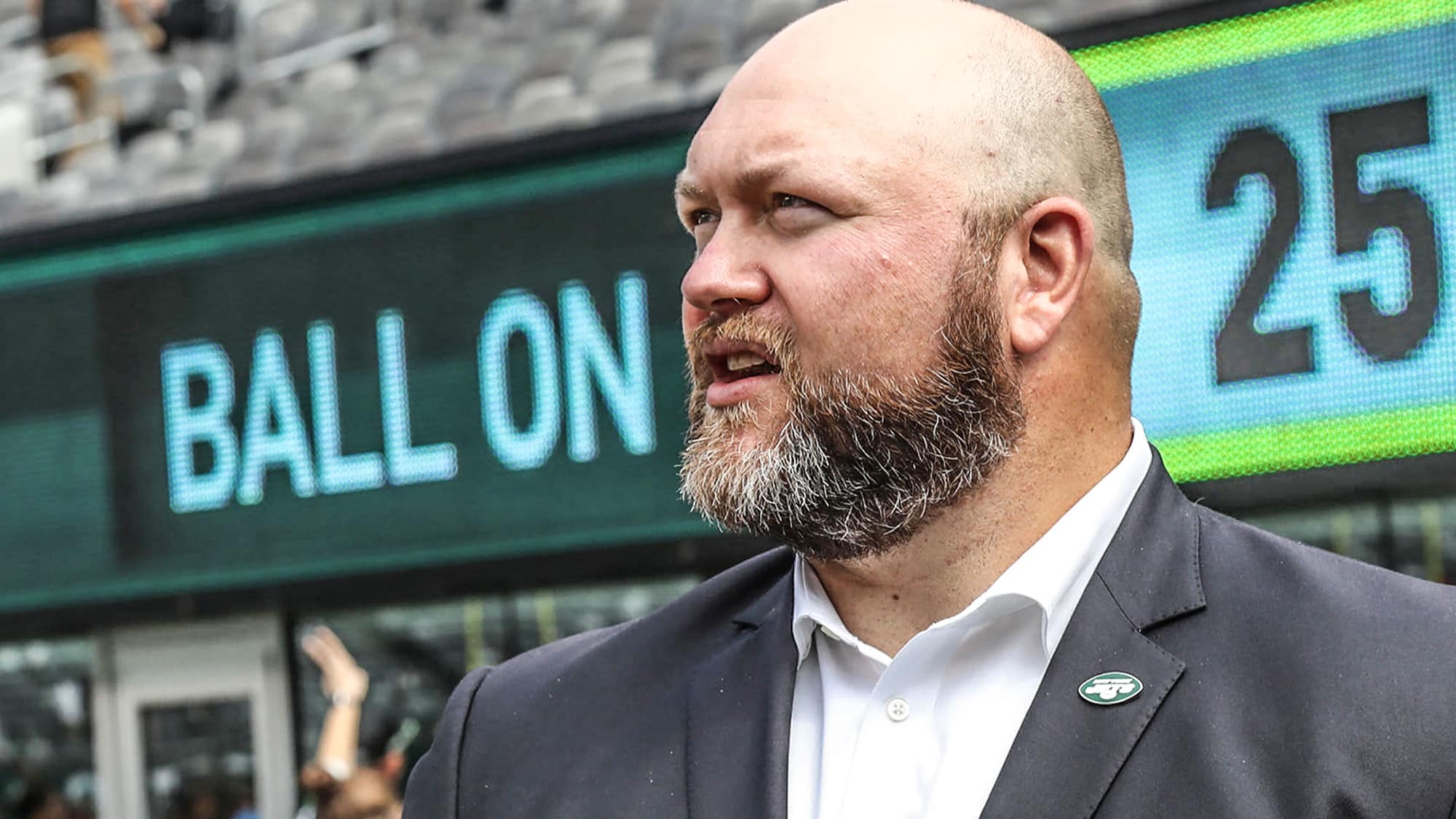
Newsome’s 2012 Ravens were built while Flacco was on his rookie deal. Granted, his deal came prior to the introduction to the rookie wage scale in 2011, but it was an affordable contract, nonetheless.
The Seattle Seahawks also built their tremendous roster on the strength of Russell Wilson‘s cheap rookie contract. The Philadelphia Eagles and Kansas City Chiefs fall in the same column.
Interestingly, in each of those cases, once the quarterback re-signed, the franchise took an obvious dip in overall production.
Even the Super Bowl runner-ups follow a similar pattern:
- Kansas City Chiefs: perhaps a legend in Patrick Mahomes?
- San Francisco 49ers: an outlier with Jimmy Garoppolo‘s massive contract.
- Los Angeles Rams: rookie contract with Jared Goff.
- New England Patriots: legend in Tom Brady.
- Atlanta Falcons: an outlier with Matt Ryan‘s large contract.
- Carolina Panthers: rookie contract with Cam Newton (fifth-year option worth $24 million).
- Seattle Seahawks: rookie contract with Russell Wilson.
- Denver Broncos: legend in Peyton Manning.
- San Francisco 49ers: rookie contract with Colin Kaepernick.
- New England Patriots: legend in Tom Brady.
The two lone outliers here come in the form of the 2016 Atlanta Falcons and 2019 San Francisco 49ers. In May 2018, Ryan siged a massive new deal and the Falcons have fallen to pieces. Cam Newton re-upped with the Panthers following the Super Bowl loss and that organization also fell to pieces.
The same can be said of the Ravens with Flacco post-2012 and Eagles with Wentz post-2017. Newton, Goff, Wentz, Kaepernick, Garoppolo Flacco, Foles—how good have these guys ever been?
It seems like even an average quarterback can get a team over the hump under the rookie contract scenario as long as the roster is studly—something that comes much easier thanks to the benefit of the rookie contract in the rookie wage scale era. The team can be built with the top-10 rookie QB. The key is to snag the right guy in order to fall into a Mahomes-Chiefs situation.
Moreover, if a top-10 quarterback doesn’t work out, he can easily be moved. The days of no maneuverability thanks to the outlandish rookie quarterback contracts are over.
A Watson acquisition (yielding four-plus first-round picks) immediately places the Jets in a high-risk situation with little-to-no flexibility. Every draft pick must hit and free agency will need to be pushed—something Douglas doesn’t envision in terms of a healthy, long-term football-building plan.
Final thoughts
Considering the above evidence, Zach Wilson or Justin Fields has to be the most logical option right now. Wilson gets the nod purely due to the idea he’s the more highly-rated player among talent evaluators.
A Watson acquisition at the right price (two first-rounders and change, including the No. 2 pick) remains the best option. Wilson or Fields outranks that option with Watson at a lousy price and Sam Darnold serving as the least desirable paths.
And for those who ask, “If the rookie contract is that important, why not Sam Darnold?” Well, because it simply comes down to elementary math. If Darnold and Wilson or Fields are equally viewed in the risk department, Darnold finishes last simply because he has just one year remaining on his rookie deal.
The Jets won’t pick up that $20 million-plus fifth-year option this offseason, so gambling with Darnold and one year as opposed to Wilson or Fields with four years ahead makes no sense—even with the No. 2 pick wide open to help improve the roster.
Remember, Joe Douglas was in Baltimore when the 2012 Super Bowl champs were crowned on the heels of Flacco’s rookie deal. He was also in Philadelphia in 2017 when the Eagles were crowned champs on the heels of Wentz’s rookie deal.
The one thing a franchise cannot afford is to employ a non-legend quarterback making big dollars and/or who commands too many assets. Whether or not Watson is a legend in the making is a worthwhile discussion. But if it turns into a Carson Palmer, Matt Ryan, Matthew Stafford (with the Lions), Derek Carr or Kirk Cousins situation, it’s a dead-end in this particular NFL draft-salary cap setup.
Watson only makes sense if he uses his no-trade clause to get to the Jets and the Jets only. Only if there’s no bidding war does it become an option—something the Houston Texans will avoid at a high cost.
A value-driven general manager with championship experience in two spots understands the incredible benefit that comes when drafting a top-10 quarterback under today’s CBA. It only makes sense that Zach Wilson (or Justin Fields) will be the New York Jets quarterback in 2021.

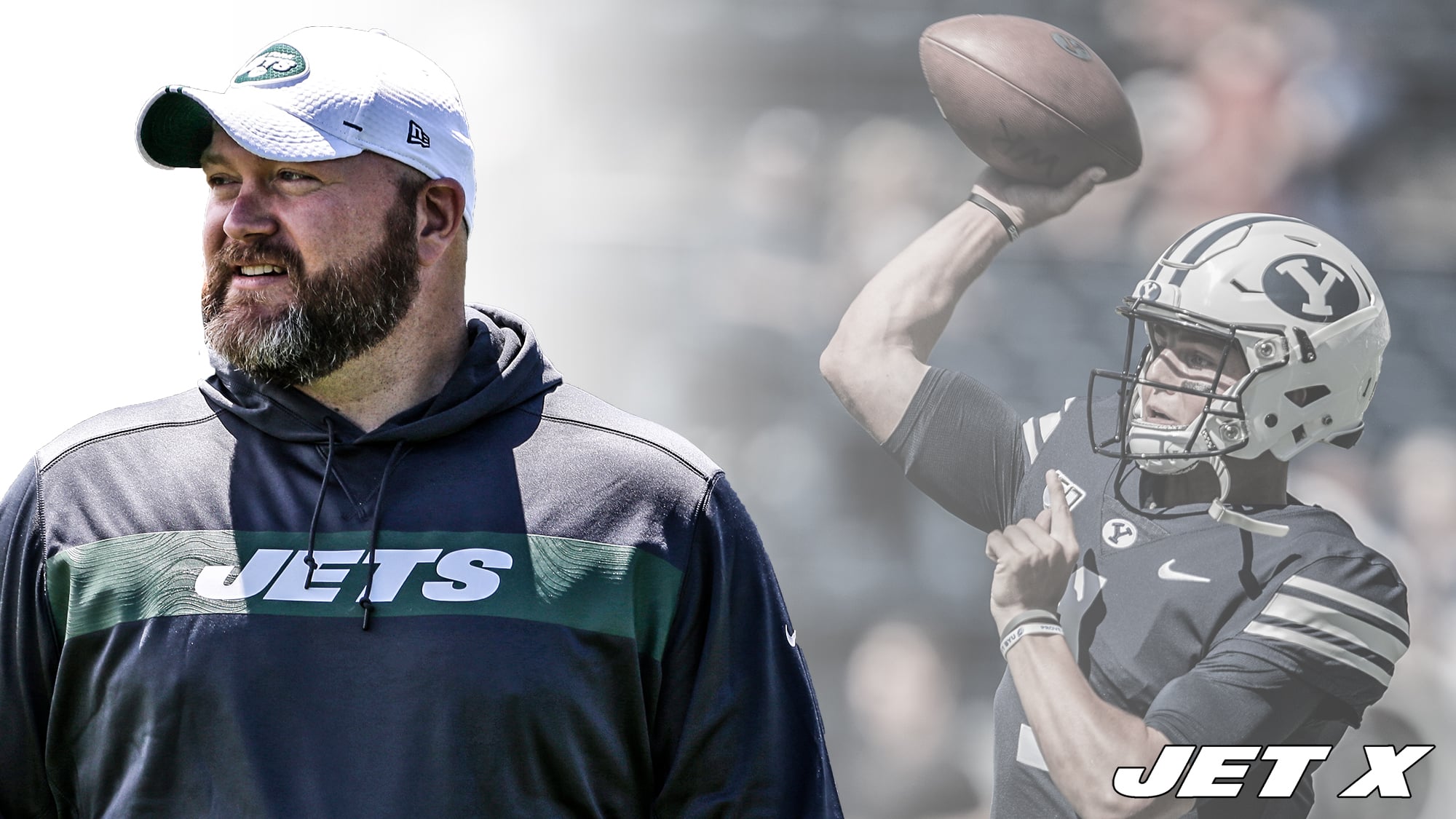
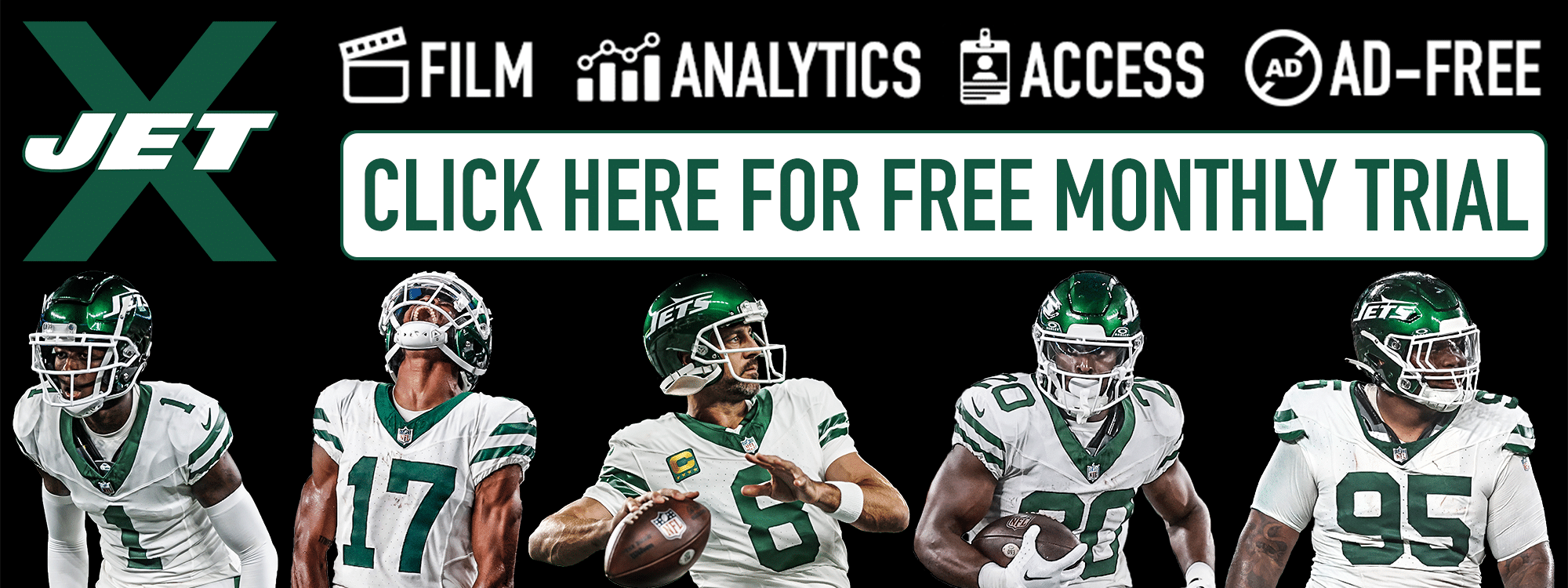




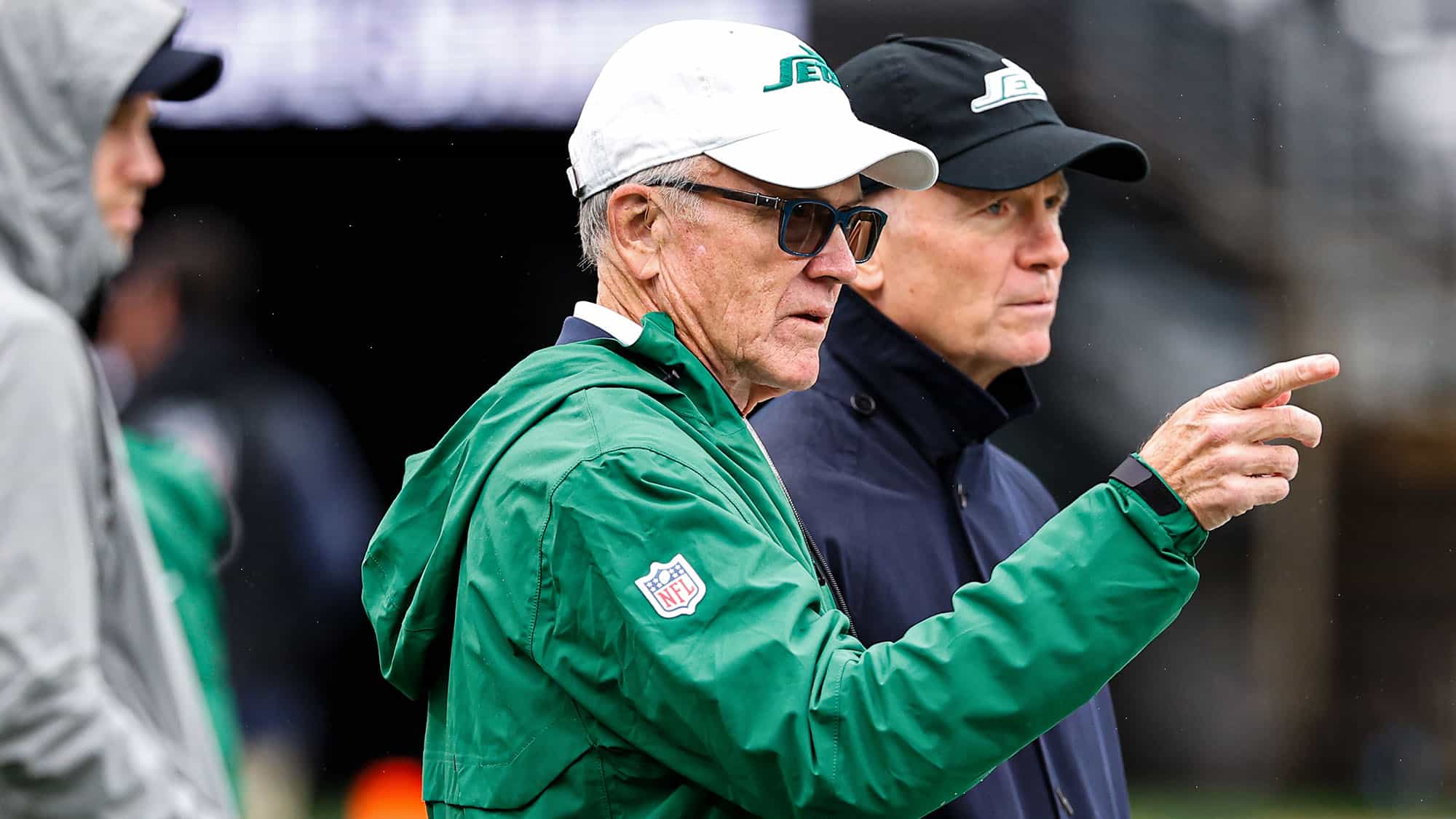

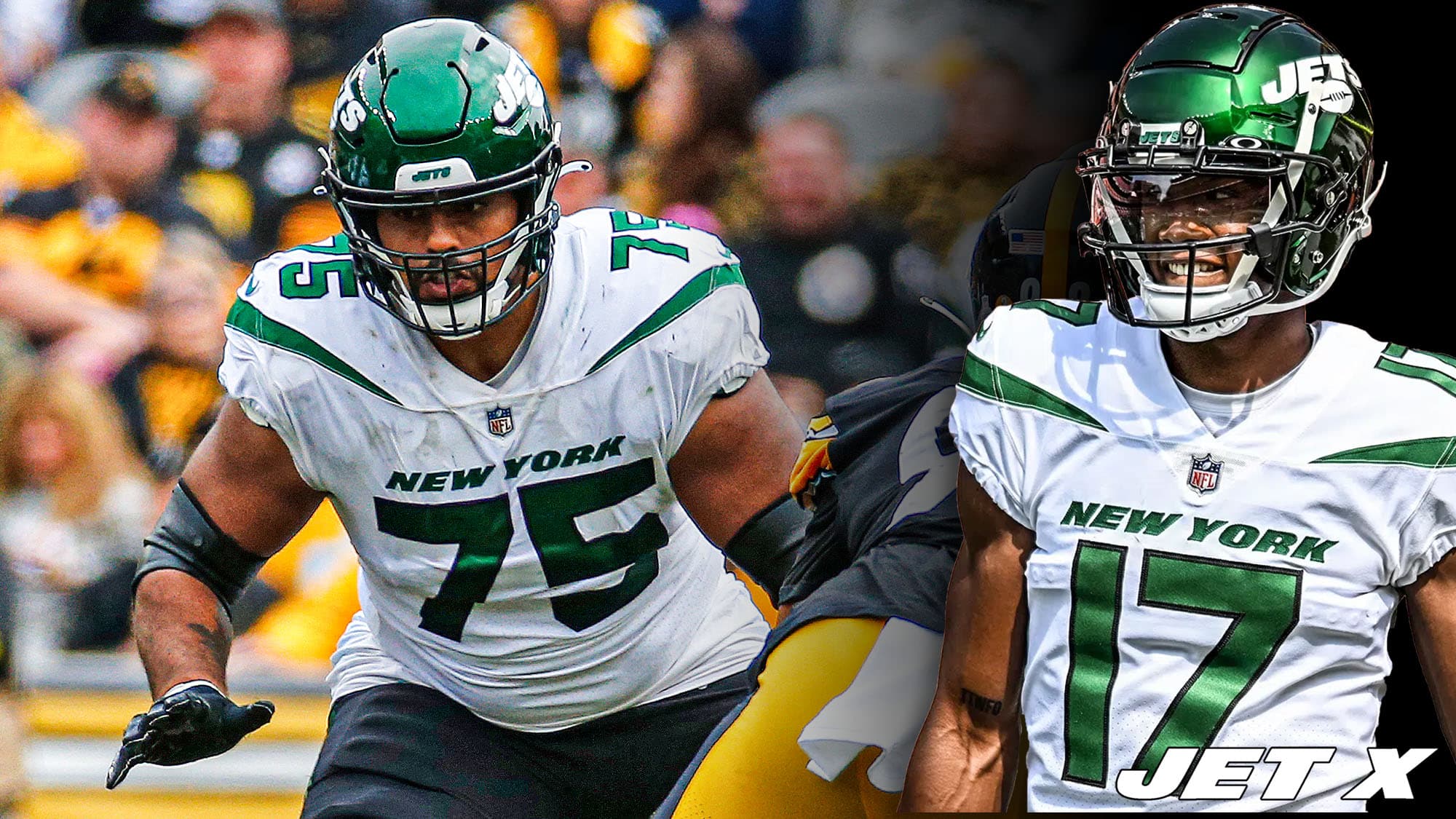




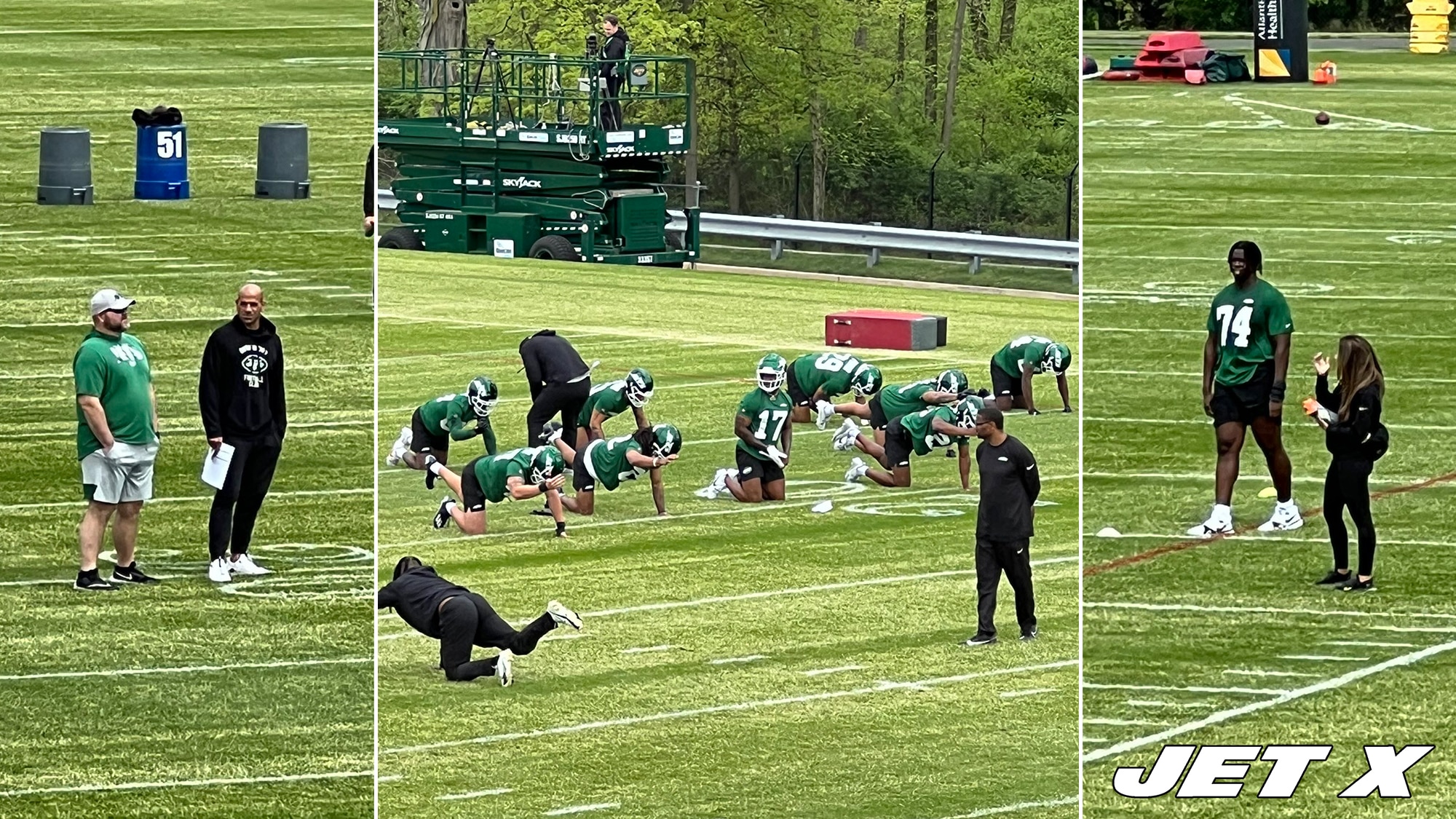
The prophecy has been fulfilled.
A QB salary can be millstone on the neck of a franchise. Breese, BIG Ben (40 million ? ), Grapapplo , Wentz. Primary factor why the QB Carousel is spinning
My thoughts exactly…great analysis and realistic.
This is a brilliant explanation. Put simply, Jets options in a draft and cap world:
1) Keep Darnold – No change in cap space and draft capital.
2) Trade Darnold, draft QB – Gain cap space and draft capital.
3) Trade for Watson – Lose cap and draft capital.
As for which kid I would draft, I lean Fields. I saw his gutsy play, live arm and ability to stand up to extreme pressure. I simply haven’t see Wilson face any pressure, and I’ve looked. I am also very worried that coming from Utah into the NYC pressure cooker is a scary thought. “Nice guys finish last” was coined for professional NY athletes. I worry that he’ll get eaten alive.
I flip between Wilson and Fields on an almost daily basis, sometimes more than once LOL!
Would you consider a trade down with Atlanta at 4. Curious about the Jets evaluation of Lance. Exceptionally raw but could have the best tools.
Very interesting question. Bill Walsh perfected the art of trading down, and he also invented the WCO the Jets will be running a version of. I actually lived in SF during the mid-late 80’s when he was The Man. Anyway, Trey Lance was the intriguing QB prospect going into 2020 and then he kind of went under the radar as Zach Wilson has been getting all the hype. I trust Saleh and LaFleur to make a smart decision, and if that’s what their analysis tells them, I’ll be for it. One could say “if you like Justin Fields, you have to love Trey Lance” because he’s essentially a bigger, stronger version who plays a little like a somewhat smaller Josh Allen at times but much much more accurate with his throws (and a better runner).
Douglas has the courage, and a long term contract to pull this off. A trade down could be massive, and instrumental in changing this roster. But at the heart of this , does Lance have more long term upside, let me begin with the Josh Allen comparisons. Everyone clamoring for Darnold to be dealt this week, but it maybe a Draft day Deal, to keep Darnold as an option in case this trade down deal goes awry.
So you like Lance?
I do, but LaFleurs evaluation is what counts. Strong durable QB, that can run, make all the throws, better pro offense experience than Wilson or Fields, superior ball faking, pocket awareness. But very green, very little game experience, recommend that he sits a year, like Mahomes. Pick not for the faint of heart, potentially biggest upside, great fit for this offense. Trade to Eagles, yield the 6th pick, 2021 & 2022 second, and a 2022 fourth, offsetting 4th sent to Seattle
I wonder if trading down to 6 is worth the risk when given there are 4 QBs, the lowest slot you can be assured to still find one of them is 4. As for drafting Lance and retaining Darnold as insurance, isn’t that what Cap’n Morgan is for? (lol)
Would prefer Trading Darnold for Value. Signing FA QB, CJ Beathard playing the first half of the season.. Everything depends. on La Fleurs evaluations and teaching ability
Would prefer Trading Darnold for Value, signing FA QB CJ Beathard, playing the first half of the season. Everything depends on LaFleurs evaluations & teaching ability. After having no QB coach. Gregg Knapp & Rob Calabrese would have key roles. Hired for a reason
I’m down with that plan. Can’t wait to see what LaFleur brings to the table. After two years of Gase, it will be like going from a Lada to a Lambo!
This plan would mean that Captain Morgan still rules
This is the real wild-card. You hit it. Trey Lance.
Good stuff, Robby. For me, choosing between Wilson and Fields comes down to deciding what your priorities are:
Fields – toughness, big game experience, legit running threat
Wilson – fluidity, improvisational skill, overclocked CPU
Both have big-time arm strength and accuracy. Either can perform the RPO, WCO duties and threaten the D with their arm and legs.
Fields tends to hold the ball too long, and doesn’t identify his 2nd/3rd option quickly. The same could be said about Wilson, but he hasn’t been tested the same ways. Wilson hasn’t had to deal with the kinds of defenses that exposed Fields’ weaknesses. Wilson also hasn’t been in a big-time showdown the way Fields was vs Clemson when he lit up a dominant team. Fields also struggled against tough defenses in IU and NWU, so there’s a lot of variance there.
I’m glad it’s not my call to make! But I do think JD will decide to draft one of these two QBs, and either way it will be the start of a great new era for the NYJ football team!